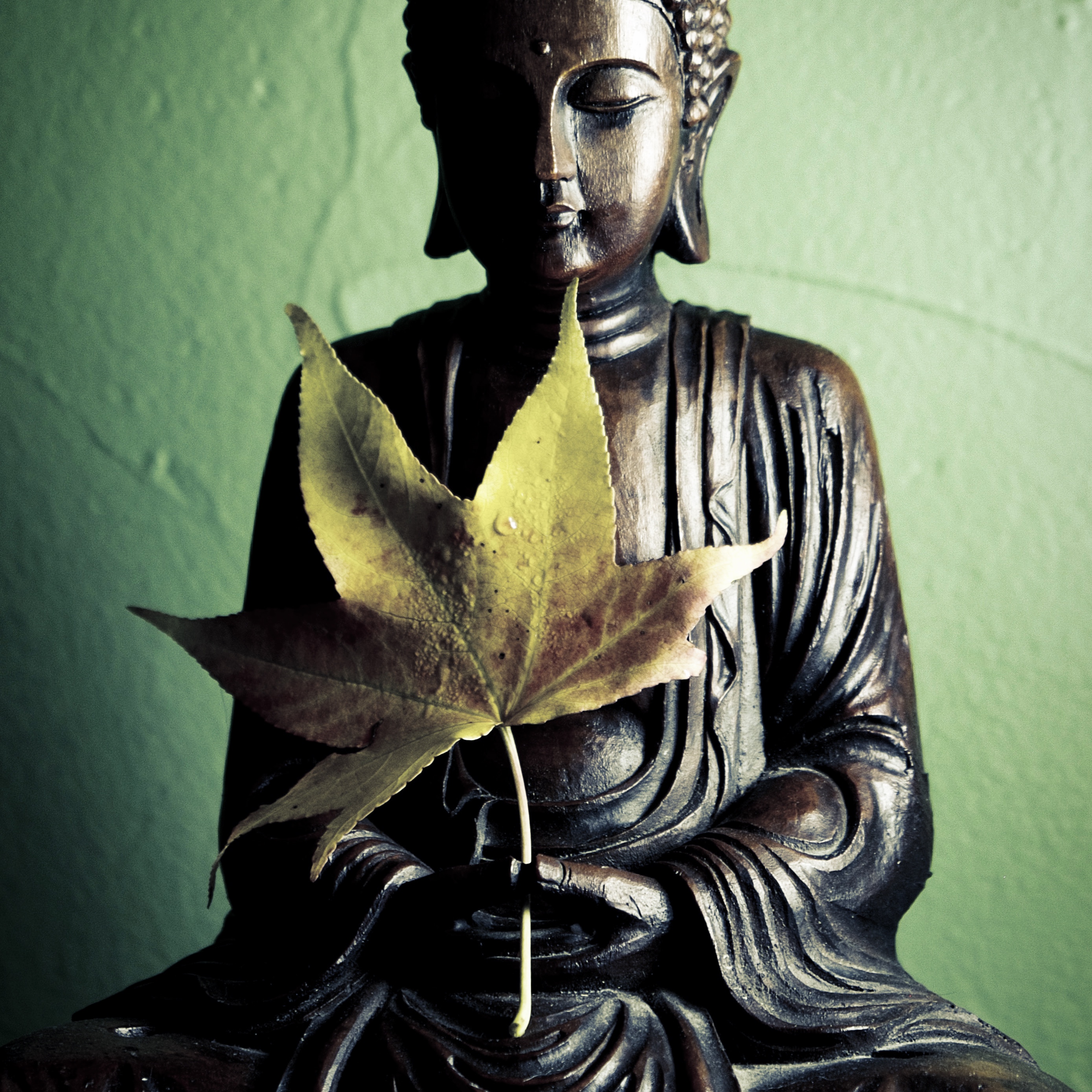The basic existential notion that we are defined by what we do seems intuitively plausible. How I speak, dress, and move through the world is a better way than most to make sense of my identity, of who I, and others, take me to be. When I posit my very selfhood as being reflected through such endless streams of self-directed scene-making, it becomes tempting to explore what the dynamics of performance consciousness might reveal about the biggest, longest show of all: the one of being me.
I first notice that when I am performing “for” another, say, playing my trumpet as a friend half-listens, I am newly self-conscious. I become aware of the fact of my own playing and it makes my playing more stilted than usual. With another’s eyes and ears tilted toward me, I feel the duality of the “I” who has decided to undertake this task and the suddenly thick fingers that must carry out its orders. Self-consciousness in this sense points to the awkwardness that takes one out of the flow of feeling oneself simply to be one-self.

Becoming expert, by contrast, involves pushing past the self-conscious tendency to split oneself into vigilant watcher and reluctant object. Becoming virtuoso carries the possibility that the whole of oneself might be so fully present in the doing that she, the subject, disappears; the dancer becomes the dance. The expert cyclist sails through the Alps on her whisper light racing bike while the novice, suddenly aware of her churning legs, wipes out in a poorly negotiated turn.
Identity as a virtuoso-level performance suggests a Taoist state in which all remnants of performativity fall away; one is so deeply immersed in the flow of “doing oneself” that there is no vestige of artificiality or awkwardness. Maybe this is what we marvel at when we meet someone who presents as utterly self-possessed and confident. She is like the ship’s captain negotiating the waters with such subtle anticipation that passengers never imagine anyone to be steering. When we are most ourselves, then, there may be no need at all to posit the existence of a separate aspect of self — a mind, for example — lurking behind it all, issuing orders, judging and otherwise exercising control.

On the other hand, the same bossy self consciousness that might eventually lead us to falter and fail is a near cousin of the healthy hesitation leading to creative self reflective. That we can bifurcate ourselves into the so-called ghost in the lumbering machine of the body may also be what permits us to step back, gain perspective and make corrections. So while I would generally love to be so fully unified that I could never doubt that I were getting “me” right, am I willing to sacrifice the constructive potential of self scrutiny? Tao-like virtuosity may be spiritually evolved and sexy as hell, but incremental improvement carries its own reward: the subtle, delicious sensation of becoming a little more skilled at being me in a lifetime trajectory punctuated by stumbling hesitation and goofy missteps.
